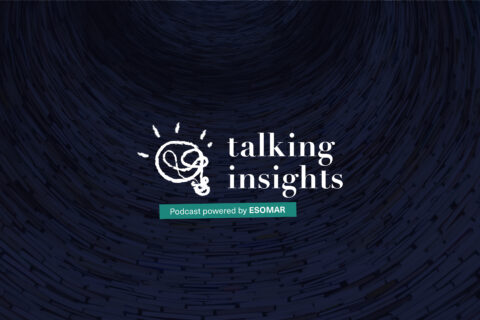A new study conducted by industry trade association ESOMAR has highlighted that 7 in 10 people are concerned about sharing their personal data with businesses, while two thirds say they don’t like the current privacy practices employed by data collectors.

ESOMAR
The survey of more than 25,000 people in 40 countries was conducted by ESOMAR and the Worldwide Independent Network for Market Research (WIN), and suggests that across the world there is a disconnect between businesses and the public with regard to data collection, its value and use; and that the majority of the public have ‘significant concerns’ around sharing their personal information.
ESOMAR says this collapse in trust most likely has its roots in the widespread experience of data misuse (spam, phising, e-mail hacks, leaked personal details or bank account/credit card hacks). While more than half of the global population say they have been the victim of data misuse, in Europe this rises to more than two thirds; in LATAM and Africa it’s around three in five; and in North America, as high as 80% of the population.
According to the study, globally more than two thirds of people understand that their personal information is valuable for data collectors, and this is particularly pronounced in Europe and Asia Pacific where around three quarters of people agree (74% and 75% respectively). However, fewer than half of people globally consider sharing personal information to be ‘necessary’: this roses to two thirds of people in the APAC region, but falls to below one third in Latin America and the US.
In North America, LATAM, Europe and MENA fewer than half of all consumers say they are aware of what happens to their personal information after they have shared it with a data collector. Finn Raben, Director General of ESOMAR, comments: ‘Data is at the cornerstone of good decision making in both businesses and governments. Although this study paints a worrying picture for the future of data collection, we know that people’s views about sharing their data really change when they trust the organisation collecting it. And you can build trust; consumers respond well to companies that give them control over their data and are clear and transparent’.
Web sites: www.esomar.org and www.winmr.com .
This article was first published here.


